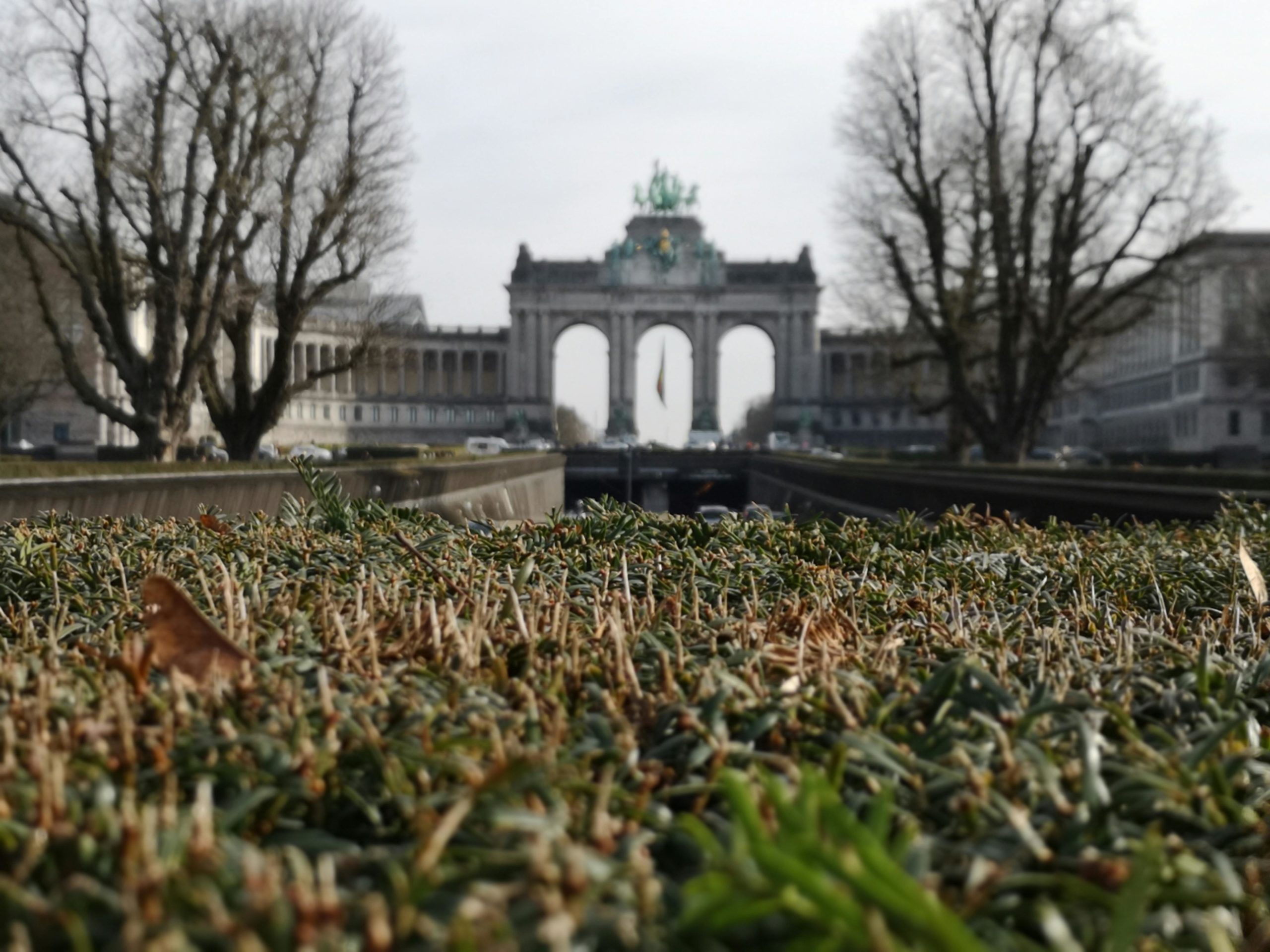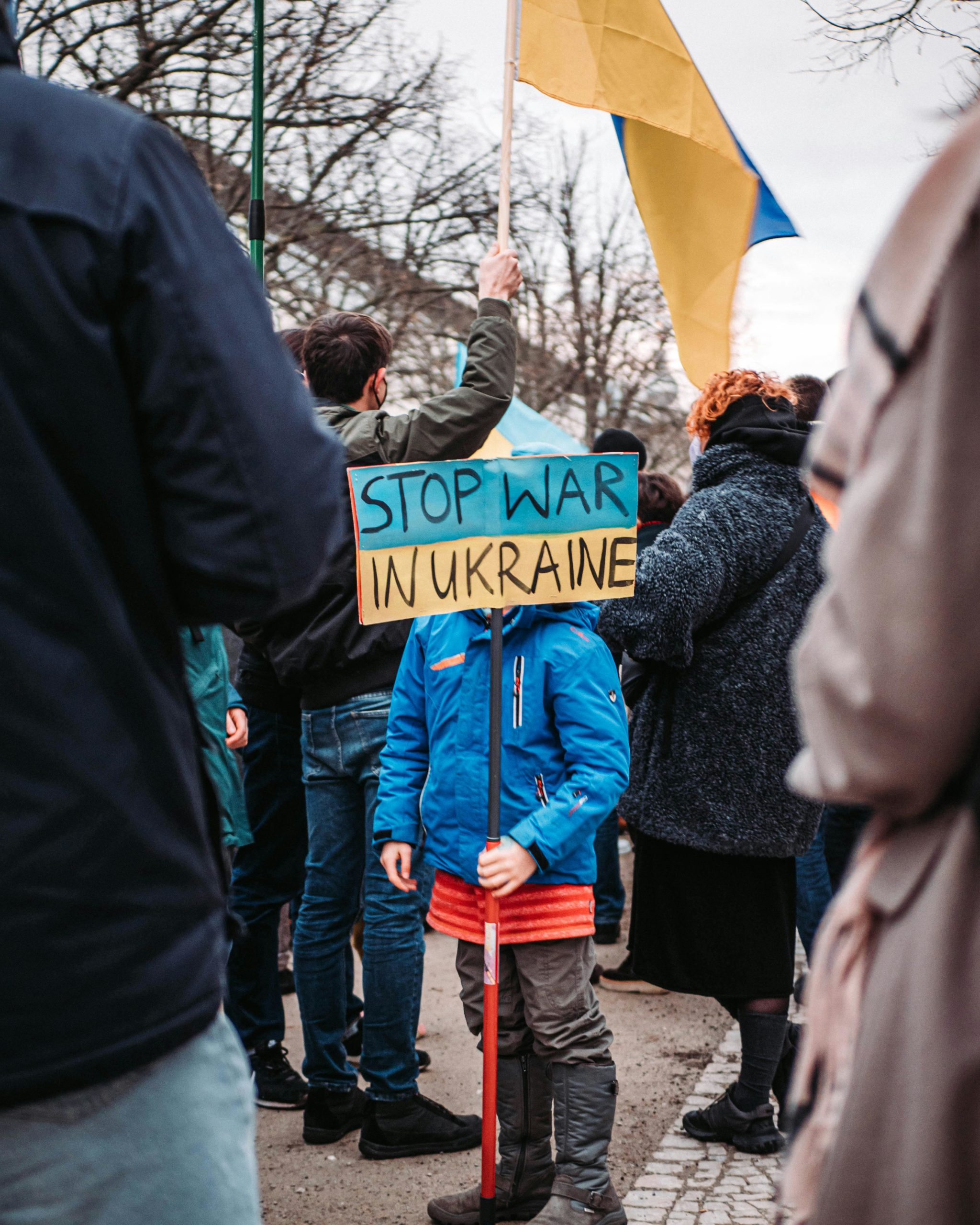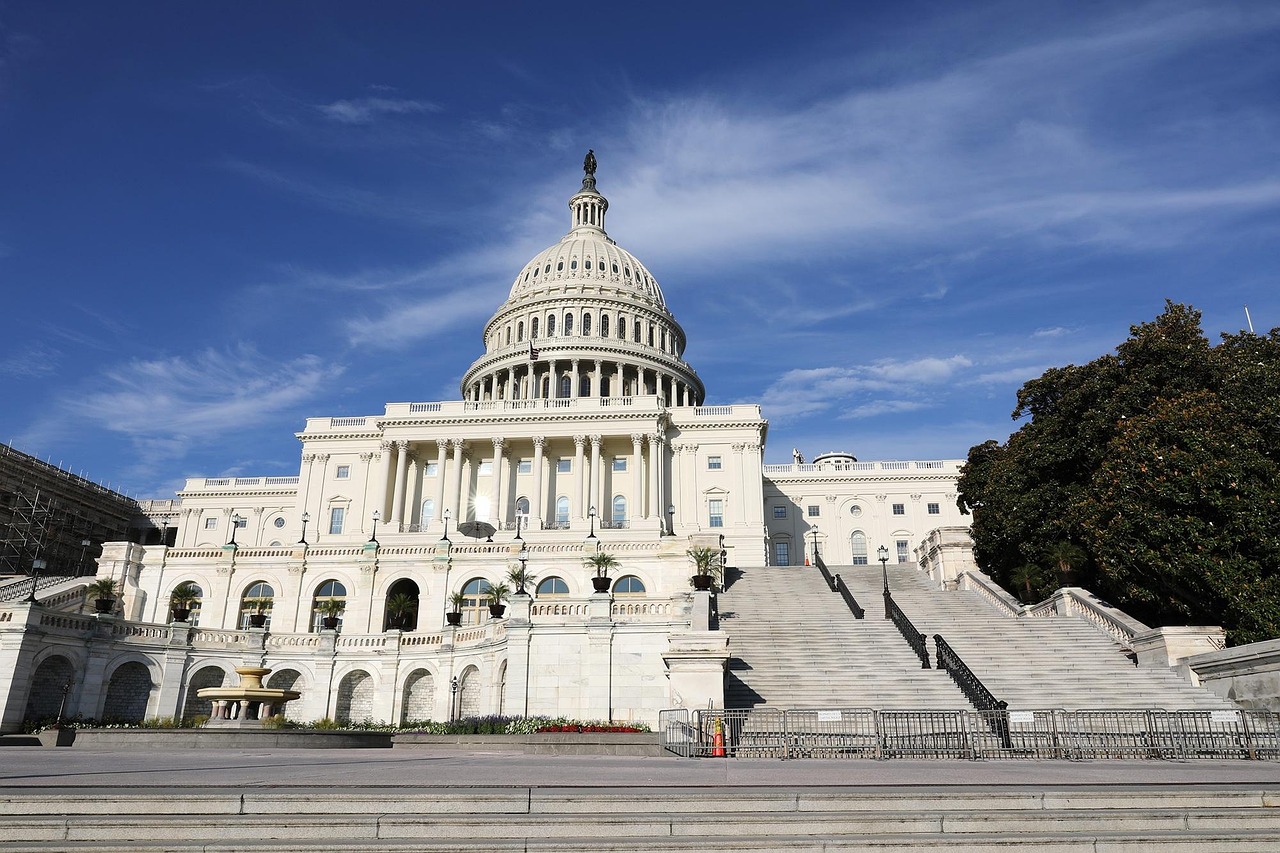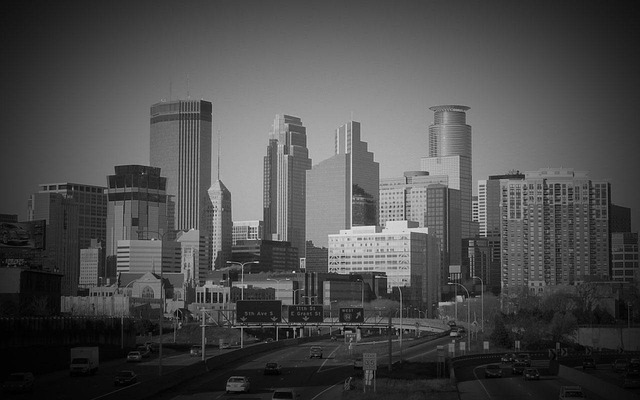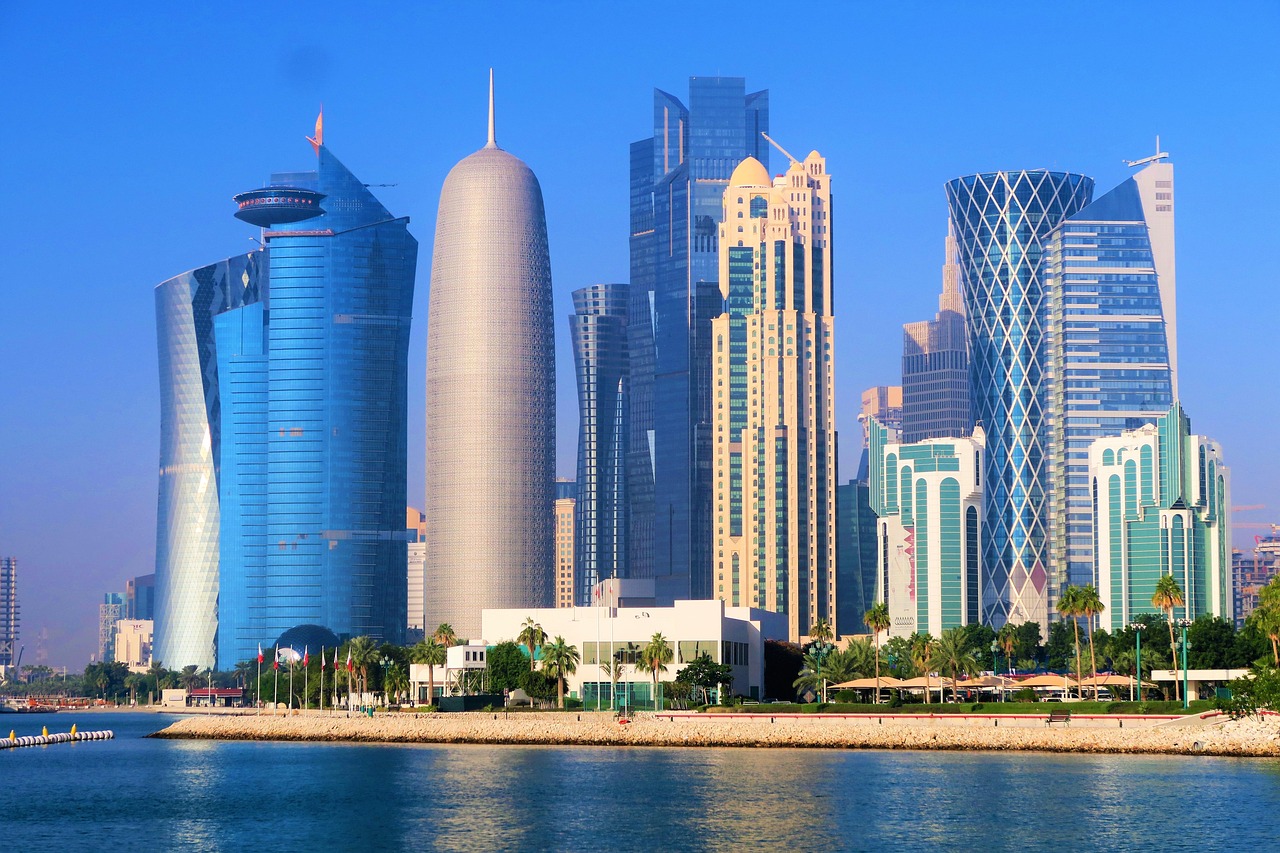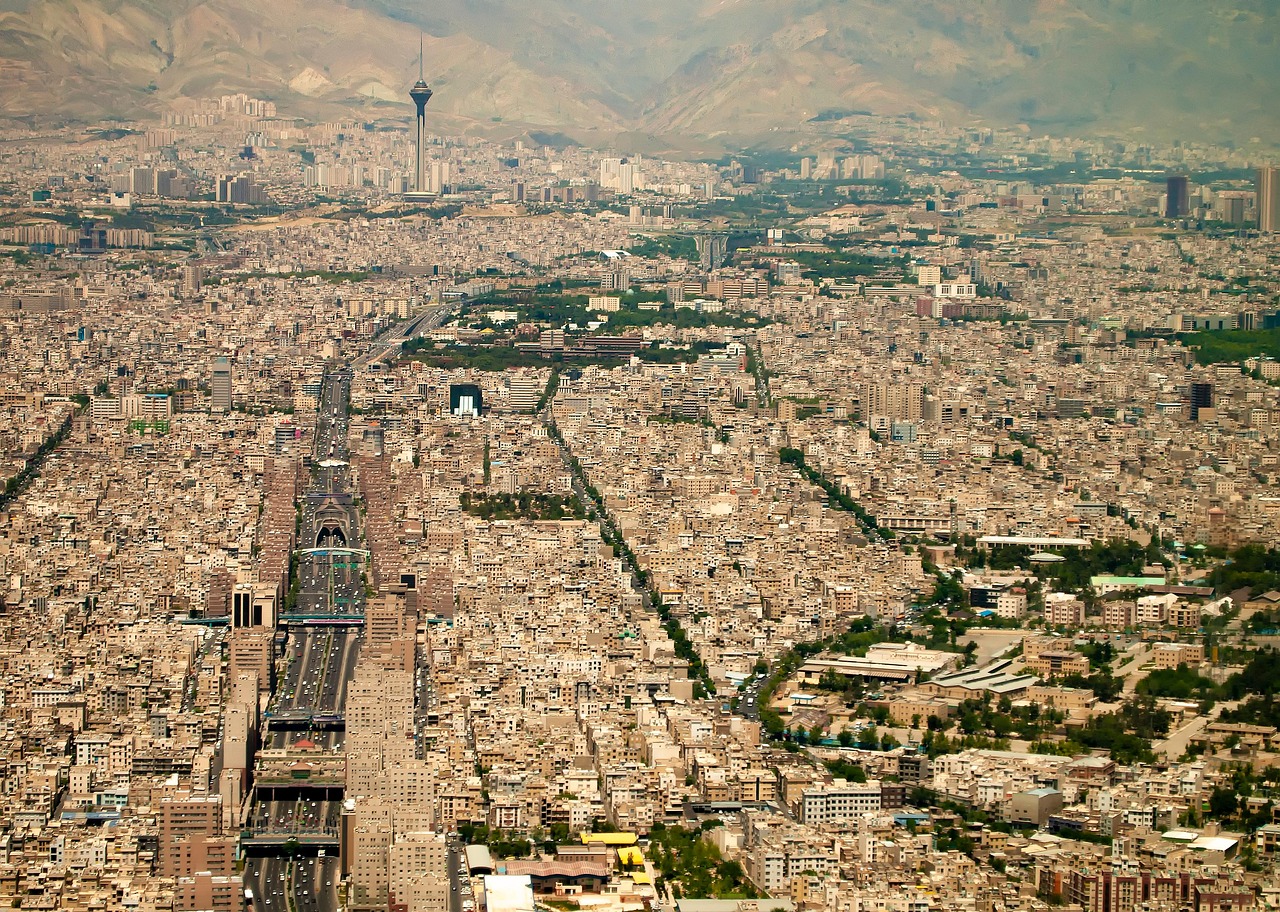The issue of Brussels and its future divides Belgians and Brussels residents. There are those who loved it, those who still love it, those who are still disappointed, and those who now hate it. There are those who still find it wonderful and don’t want to change anything, and those who criticize it in an attempt to save it. Who are the real benefactors, really? The blind or the grumblers?
Twenty years ago, Brussels was still a pleasant provincial city, rich in diversity and originality. Once propelled into the capital of the European Union to suit everyone, the city has never been enriched by it. Quite the opposite. Today, it’s becoming so rapidly transformed into a third-world city. One need only arrive at the Gare du Midi by Eurostar to wonder what image the Brussels region and the city truly want to project internationally. Filth, violence, and drugs—an explosive cocktail now greets visitors. Settlements between rival gangs in broad daylight, drug trafficking on the streets, daily assaults, and armed idlers sightseeing near the Grand-Place: the cases of daily violence in the city are countless, and everything now seems out of control. Should we talk about the state of institutionalized filth that has been going on for so many years?
Yet, we want to continue to accept it so as not to upset anyone. A certain left, largely in power and certainly for too long, has led to this debacle: cronyism, communitarianism, compromise, etc. In just a few years, Brussels has become a city that has probably welcomed too many people who have come here out of spite. A city we love is a city we preserve. One only has to wander around Europe to sense the capitals that are loved by their inhabitants. Belgium’s institutional mille-feuille makes it even more complicated to find a solution to this shipwreck. The city and the region have no money: how can we still hear this when this country has six governments (!), as many ministers and cabinets for just under 12 million inhabitants? The uninitiated thinker will be told that he understands nothing about the country, that he has understood nothing about the Belgian system, and that he never will. So much for it: we do nothing, we let ourselves sink. What’s happening in Brussels could also happen in Paris one day.
Twelve years ago, I wrote an op-ed in a certain left-wing French newspaper, entitled “Brussels, my beauty, I’ll join you soon.” In it, I explained why this city was a preserved island of gentleness and calm, far from the violence of the capitals of the great fallen empires that surround it. The calm before the storm, because I should have suspected, rather than been in denial, that the seeds of the implosion of this model of peaceful coexistence were already sown.
Today, although not a century has passed since then, I would happily title my opinion piece thus: “Brussels, trash, I’m fleeing you soon”! Indeed, what disillusionment, depression, and blows suffered in just over a decade in a city on the brink of collapse. The iceberg was there, but like all the Belgians I’ve become in the meantime, I didn’t want to see it coming. How did the capital of the European Union, which could have been a magnificent breeding ground and melting pot of all European diversity, protected from all the surrounding nationalist hatred, transform, in less time than it takes to live it, into a cesspool of filth, poverty, danger, and intolerance? The Belgians are renowned for their open-mindedness, their acceptance of others, their curiosity about other cultures. Fine. But today, Brussels no longer reflects the successful integration of nearly 200 nationalities: it has become a volcano ready to erupt at any moment, a form of impermeable poly-identitarianism. This is probably not just a left-right issue. Is it the same everywhere in Europe? It’s striking to see the state of disrepair of certain Brussels neighborhoods, entire streets in disrepair, and lawless areas that certain silent minorities no longer dare to frequent. It is even more shocking to hear in the media that shootings and settling of scores with heavy weapons regularly take place in certain corners of the capital, where the police are struggling to restore order. But are we in Pakistan, Afghanistan, or any other third-world country where the State is unable to gain respect, and therefore to be feared?
None of this is happening in countries that defy Brussels’ pseudo-authority (just kidding!), particularly in the East, where life is generally peaceful and much less dangerous than in Brussels, which has become a cutthroat place. Indeed, one only has to travel across the European Union to realize the extent to which certain cities and countries have protected themselves and made their capitals a showcase worthy of their culture and history. Magnificent cities have preserved their charm, heritage, and liveability: Amsterdam, Munich, Warsaw, Budapest, Prague, Vienna, Rome, and others. Certainly, Amsterdam, Rome, and, curiously, Budapest, are run by the left, but they are at the heart of countries that value education and authority. So, a strong state? No, a state that commands respect and is respected. An overzealous police force? We never see it, not even in Budapest, which has become the obsession of well-meaning democrats who have never set foot there. So why are Paris and Brussels crumbling? Why are these cities becoming ambushes and havens for thugs, drug dealers, and radicals? Because, for years, the cocktail offered by the left has been negligence, weakness, laxity, cronyism, and left-wing populism to buy a social peace that could only last for a while.Brussels has become the catalyst for all the misery in the European world, now marginalized on the international stage. In a country in perpetual limbo, where two communities continue to pretend they aspire to a common destiny, Brussels is the collateral damage of the mutual aversions and hatreds tearing the country apart. The current Flemish Prime Minister, Bart de Wever, dislikes Brussels, like so many Flemish people. Today, life in Brussels is no longer pleasant: many minorities, including LGBT people and Jews, feel in danger. Many are leaving in search of order and justice. How long will Belgians continue to bury their heads in the bag, looking the other way, and explaining that things are always worse in their neighbors? Yes, it’s not glorious in Great Britain, nor in France, but what if? Why not, for once, acknowledge that the situation is dramatic and finally tackle the problem head-on? A good medical diagnosis is already the beginning of the cure. It is becoming urgent that Paris also become fully aware of this before the capital of France, since the arrival of Anne Hidalgo, also becomes a cesspool

